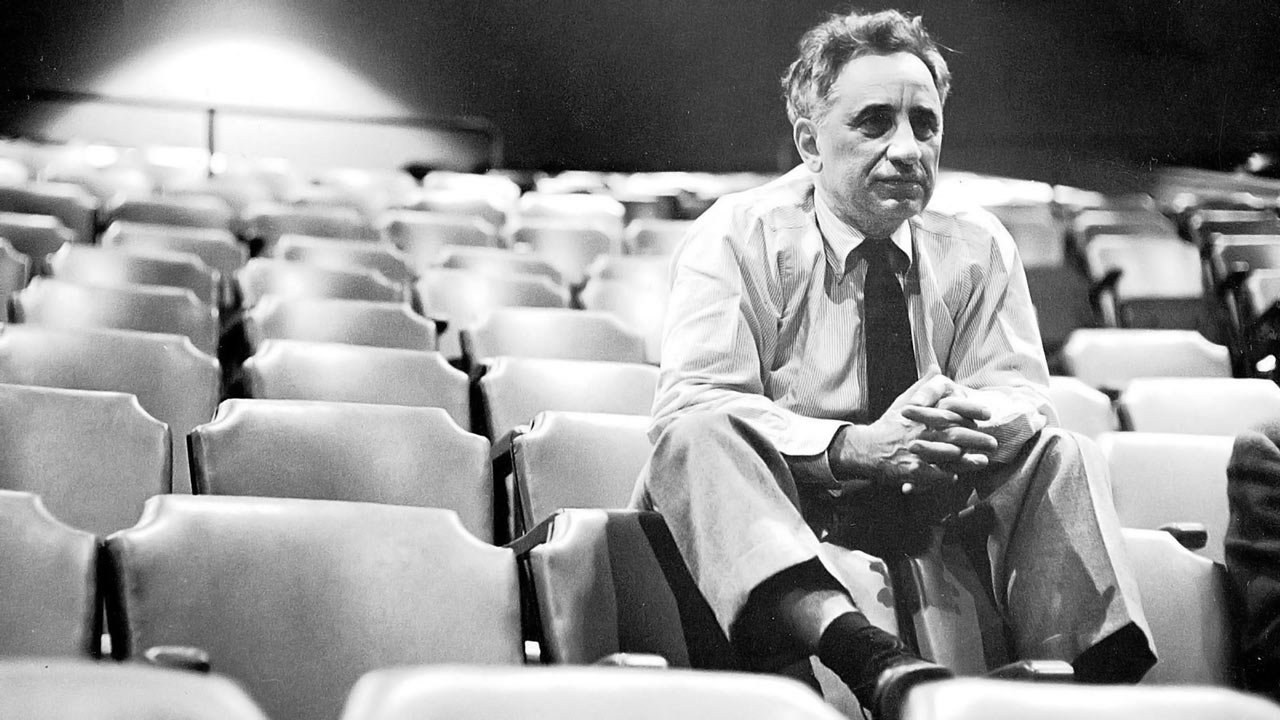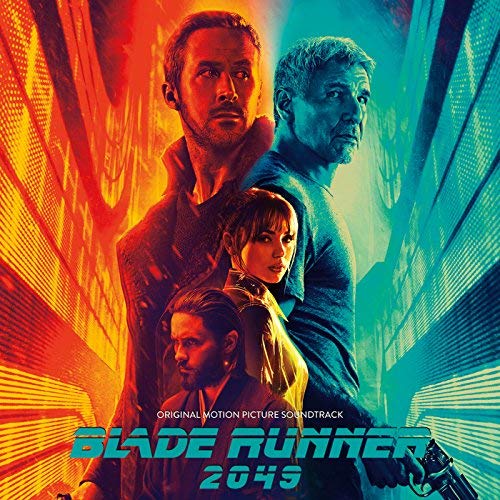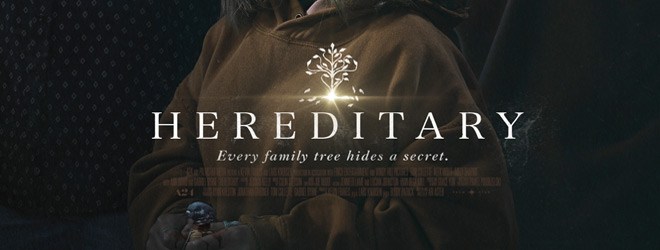Category: Film Theory
-

Elia Kazan’s “A Life”
A Life Some books stare deep within, and offer you a perspective that – prior to – you didn’t think would ever be recorded. Sure, we know deep down that our experiences are not all that unique – that surely someone has lived similarly, made equally stupid decisions, and had a number of veritable successes…
-

Why Did You Have to Ruin “Blade Runner” for This Generation?
Blade Runner I came, I saw, I reviewed. This long-anticipated film represents a milestone for me, as the original “Blade Runner” was the single film responsible for my foray into a filmmaking career – the first film I had ever seen that could create powerful emotions through the nonverbal “dialogue” of light and shadow and…
-

“Hereditary” (2018) is a Piece of Shit
[vc_row type=”in_container” full_screen_row_position=”middle” scene_position=”center” text_color=”dark” text_align=”left” overlay_strength=”0.3″ shape_divider_position=”bottom” bg_image_animation=”none”][vc_column column_padding=”no-extra-padding” column_padding_position=”all” background_color_opacity=”1″ background_hover_color_opacity=”1″ column_link_target=”_self” column_shadow=”none” column_border_radius=”none” width=”1/1″ tablet_width_inherit=”default” tablet_text_alignment=”default” phone_text_alignment=”default” column_border_width=”none” column_border_style=”solid” bg_image_animation=”none”][vc_column_text] Hereditary In Hamlet, the underlying dramatic premise is that the sins of the parents are passed onto their children. In the same vein, “Hereditary” does a great job…of not coming anywhere fucking…
